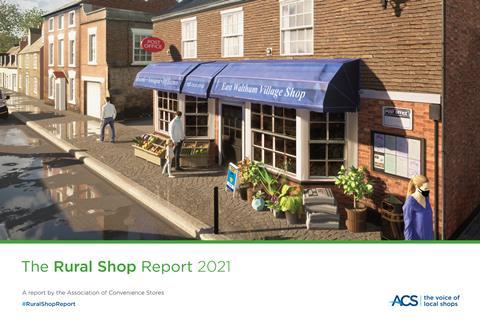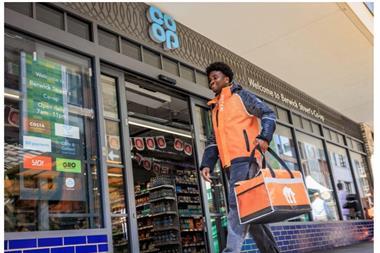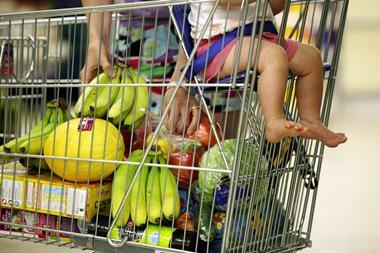
Sales at rural convenience stores across the UK have soared by £1bn over the past year, according to the latest findings from ACS.
The sharp rise comes as shoppers turned to convenience stores during the pandemic, with one in five rural customers reporting they depend on their local shop more than they did a year ago.
The findings are from the ACS Rural Shop report 2021, which showed convenience stores in these areas achieved £16bn in sales, compared to £15bn the year before.
The average basket spend increased by £1.68, and 26% of customers visited their local store every day.
“Rural shops have been absolutely essential to their communities over the last year, helping customers to shop safely and putting in place new services like home delivery to support those who aren’t able to get out to stores,” said ACS CEO James Lowman.
“The message from this year’s report is that rural shops have become even more important during the Covid pandemic – retailers now have even closer relationships with their customers, are employing more people, are taking part in even more community activity, and offering a range of wider and more powerful range of services than ever.
“These businesses have been crucial at a time when more people are feeling isolated due to the pandemic.”
The report also found 21% of rural stores now offered a home delivery service in their local area, up from 15% in 2019/20.
Other key findings were four out of five (79%) rural shops are actively engaged in their communities, with almost half of rural shops (42%) making donations to a local food bank over the last year.
“Despite still being hampered by less reliable transport links, patchy mobile connectivity and slower internet access compared to the rest of the UK, rural shops are investing in technology and services to improve their businesses and their offer for customers, but we need more support from government to ensure rural shops are not left playing catch-up through no fault of their own,” Lowman added.



















No comments yet